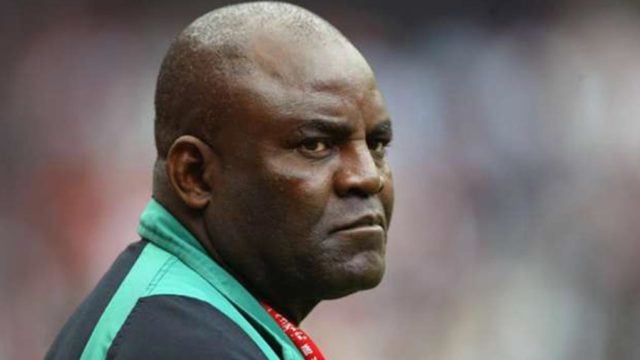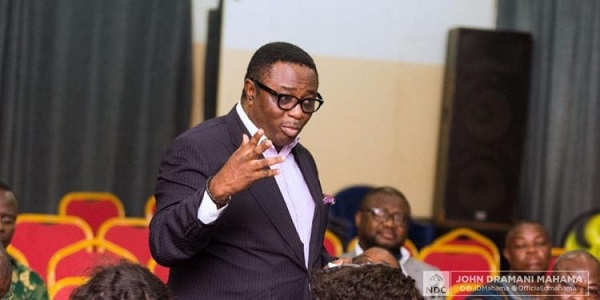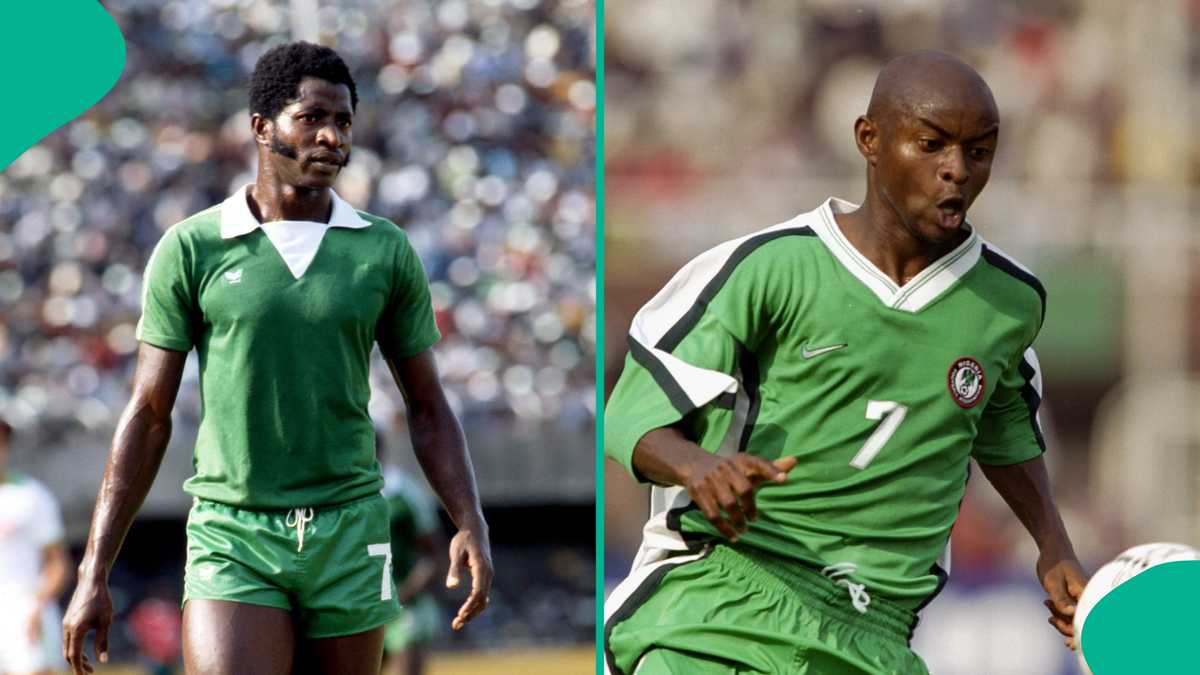NFF Denies Unpaid Salary Claims Amid Mourning of Christian Chukwu

The recent passing of Christian Chukwu, a celebrated figure in Nigerian football, has sparked a series of reactions and clarifications regarding his financial dealings with the Nigeria Football Federation (NFF). Chukwu, who captained the Super Eagles to their first Africa Cup of Nations (AFCON) victory in 1980 and later served as the team's coach, died on April 12, prompting an outpouring of tributes and reflections on his contributions to the sport.
Following Chukwu's death, allegations surfaced on social media claiming that the NFF owed him a substantial sum of $128,000 in unpaid wages. These claims gained traction, with some reports suggesting that the debt dated back to his tenure as head coach between 2002 and 2005. However, the NFF has vehemently denied these allegations, asserting that there is no record of any outstanding debt to the late football legend.
In a statement released by NFF General Secretary Mohammed Sanusi, the federation refuted the claims of indebtedness, stating that a committee had been established during Amaju Pinnick's first term as president to address outstanding payments to coaches. Sanusi asserted that this committee was tasked with verifying debts and ensuring prompt payment to affected coaches, and that there was no record of any outstanding debt to Chukwu. Sanusi challenged anyone with verifiable evidence of debts owed to Chukwu or any coach who has worked with the national teams in the past two decades to present the documents.
Sanusi's statement read, “There is no record in the NFF of any outstanding indebtedness to ‘Chairman’ Christian Chukwu. During the first term of the board headed by Mr Amaju Pinnick, a committee was set up to diligently peruse the papers of coaches who were being owed, even from previous NFF administrations. That committee was given the clear mandate to verify all debts and ensure that the coaches being owed were paid immediately. There is certainly no record of indebtedness to him in the NFF.”
Adding to the chorus of tributes, Governor Alex Otti of Abia State expressed his shock and sadness over Chukwu's demise, describing him as a national asset whose services were still needed. Otti recalled hosting Chukwu just months before his death, during which the former coach presented his book. The governor acknowledged Chukwu's accomplishments as a player and coach, highlighting his role in Nigeria's AFCON victories as both a captain and a coach.
Despite the NFF's denial of any outstanding debt, the allegations have raised questions about the financial management and transparency within the federation. While the NFF has challenged anyone with evidence of indebtedness to come forward, the controversy underscores the need for greater clarity and accountability in the handling of payments to coaches and players. The NFF reiterated that if anyone can provide concrete evidence of indebtedness to Chukwu or any other coach in the past two decades, the federation is ready to settle it immediately. “As a credible organization that is very much alive to its responsibilities, if we are confronted with any genuine document of indebtedness to any coach, we will offset the debt immediately,” Sanusi concluded.
As the Nigerian football community mourns the loss of Christian Chukwu, the debate over his financial dues serves as a reminder of the importance of honoring commitments and ensuring fair treatment for those who have contributed to the nation's sporting legacy. The NFF's response to the allegations and its call for verifiable evidence reflect a commitment to resolving any outstanding issues and upholding its responsibilities to coaches and players.









